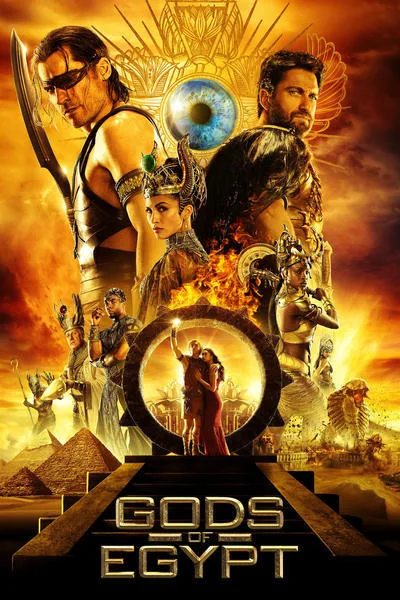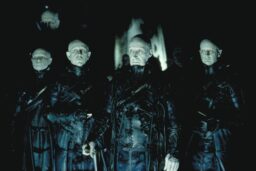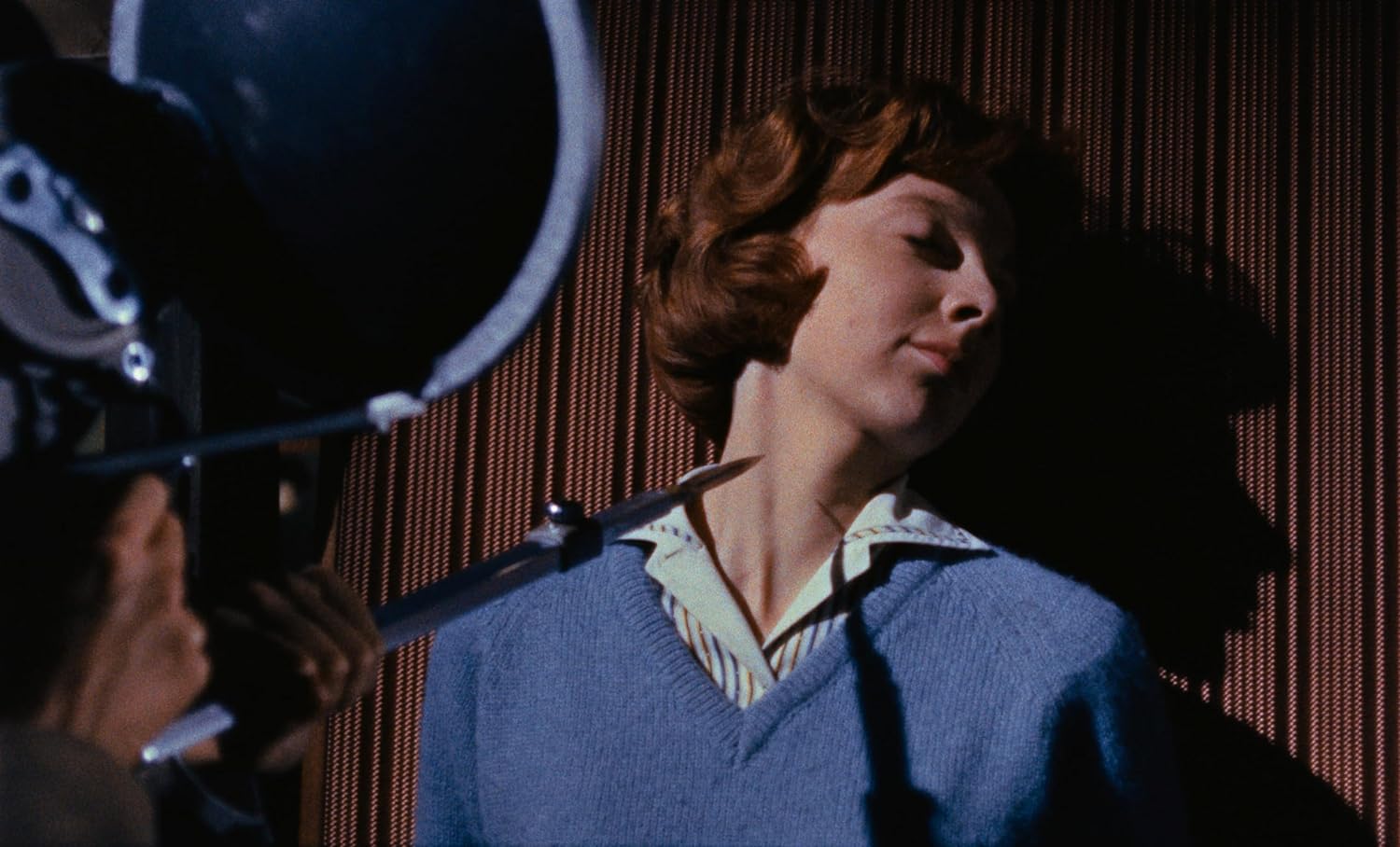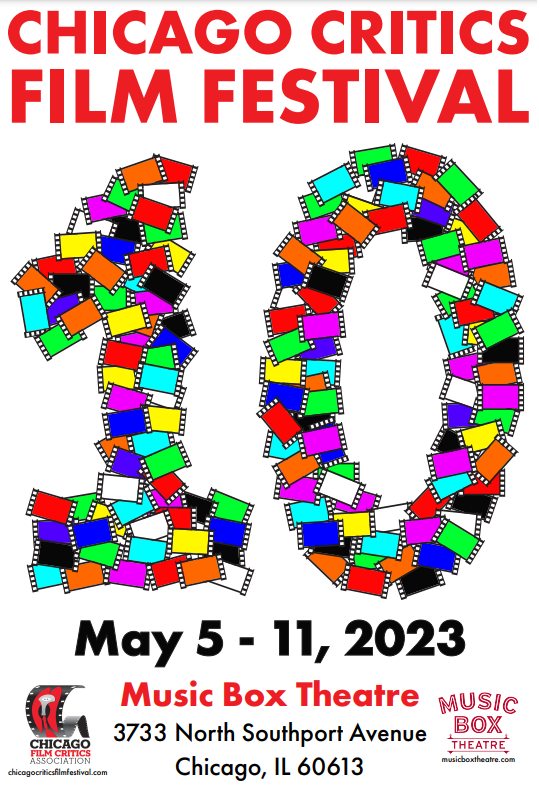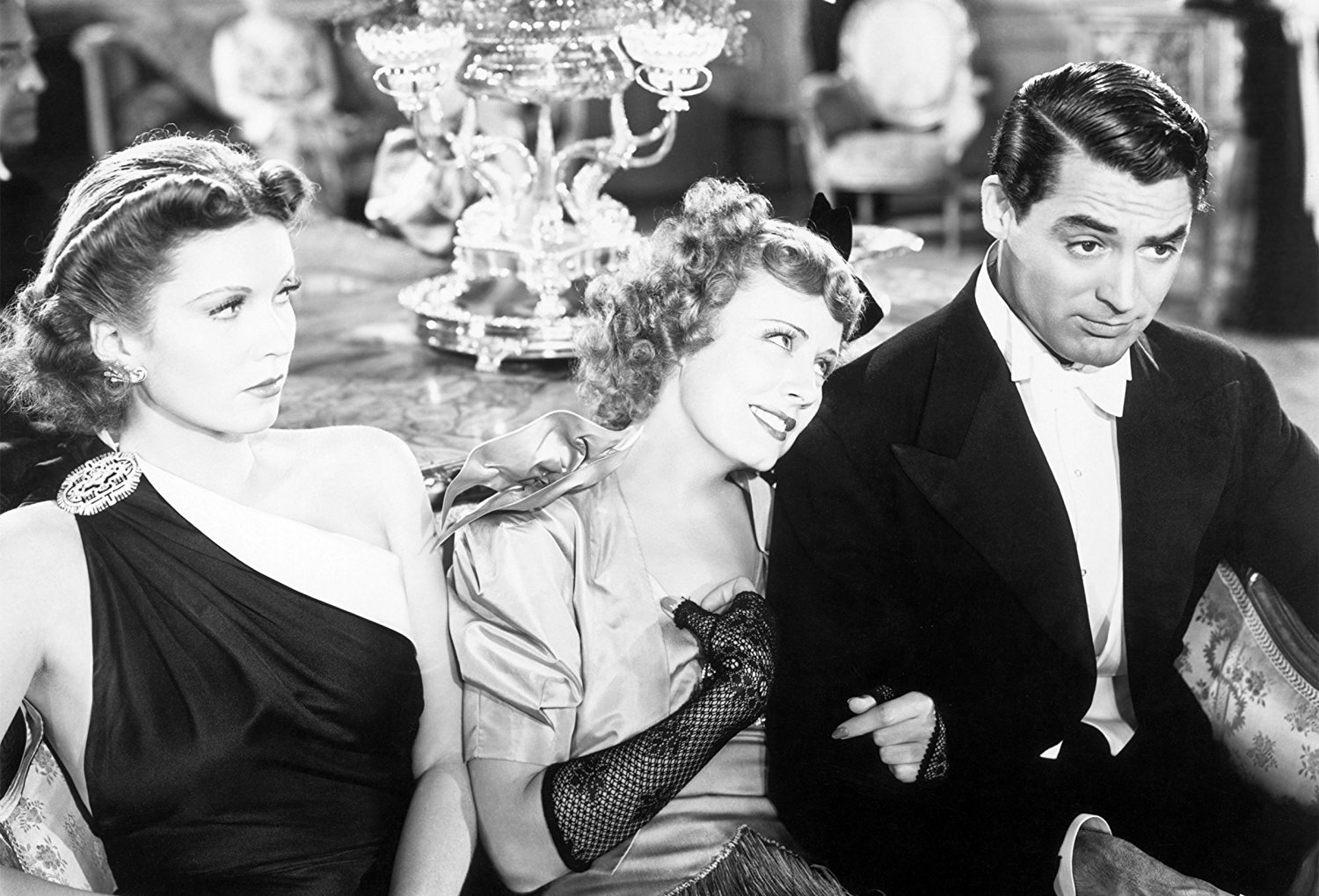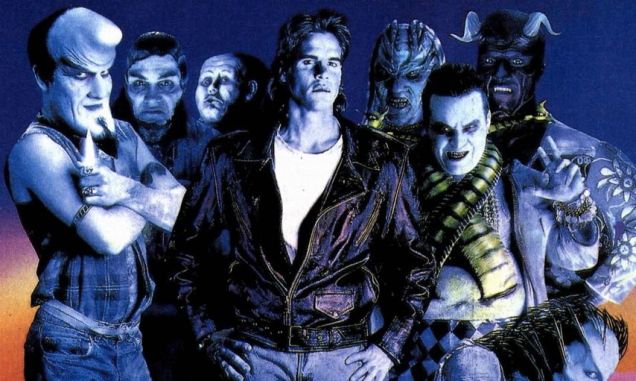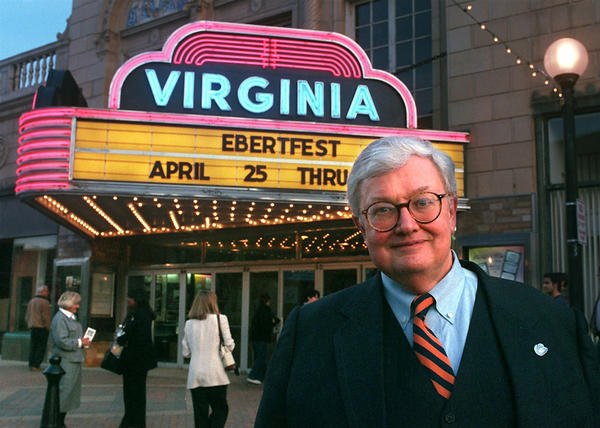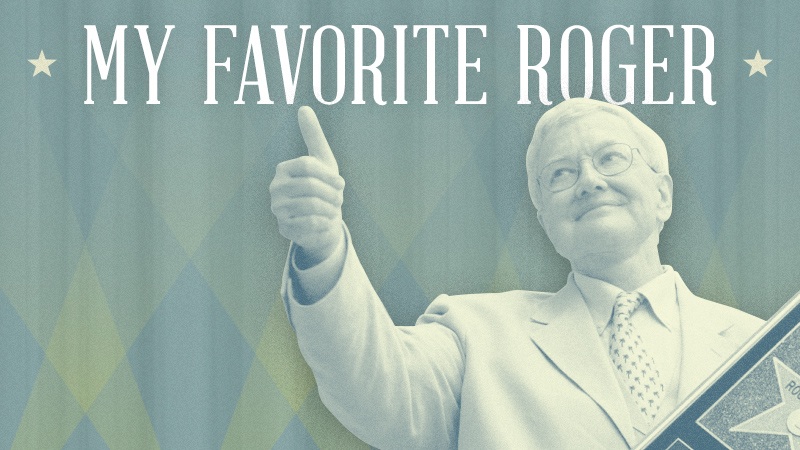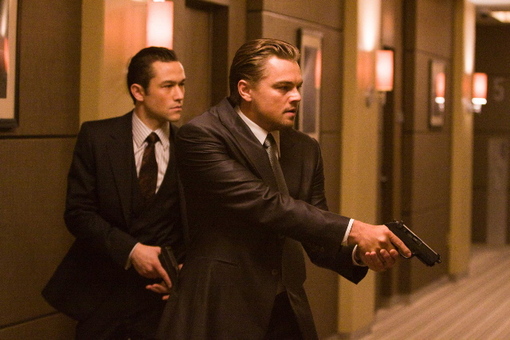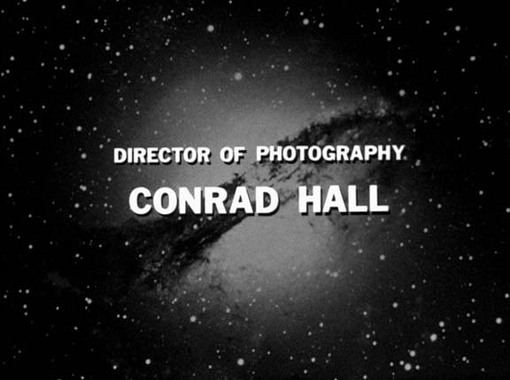Alex Proyas Movie Reviews
Blog Posts That Mention Alex Proyas
June 2025 Blu-Ray/Streaming Guide: “Drop,” “The Nice Guys,” “Dark City,” More
Brian Tallerico
The Unloved, Part 131: Dark City
Scout Tafoya
Book Excerpt: It Can’t Rain All the Time by Alisha Mughal
The Editors
Fantasia 2024: The Chapel, The Beast Within, FAQ
Clint Worthington
Home Entertainment Guide: May 2024
Brian Tallerico
10th Chicago Critics Film Fest Features Past Lives, Blackberry, Sanctuary, Theater Camp, and Many More
Brian Tallerico
Ebertfest Film Festival 2023 Passes On Sale December 12th
Matt Fagerholm
Joy: My Memories of Ebertfest
Chaz Ebert
Ebertfest Film Festival 2020 Passes On Sale November 1st
The Editors
Fantasia International Film Festival Preview 2019
Nick Allen
Home Entertainment Consumer Guide: April 19, 2018
Brian Tallerico
Ebertfest 2018 Passes On Sale Now
The Editors
What’s Your Favorite Roger?: 13 of Roger Ebert’s Best Reviews
Brian Tallerico
Films to Get Us Through The Trump Presidency
Chaz Ebert
Ebertfest 2017 Passes Now On Sale
Matt Fagerholm
Ebertfest 2016 Passes On Sale November 2nd
The Editors
The Children of Midian: Returning to Clive Barker’s “Nightbreed”
Ian Grey
Ebertfest 2015 Passes On Sale November 1st
The Editors
My Favorite Roger: Lisa Nesselson
Lisa Nesselson
Eight Films for which Roger’s Reviews Made the Difference
Matt Zoller Seitz
Love and hate and “Knowing” — or, do wings have angels?
Roger Ebert
The Best 10 Movies of 1998
Roger Ebert
The Lonely Critic
Jim Emerson
Inception: Has Christopher Nolan forgotten how to dream?
Jim Emerson
A Master Emerges: Conrad Hall and “The Outer Limits”
Jeff Shannon
The best films of 2009
Roger Ebert
Who do you read? Good Roger, or Bad Roger?
Roger Ebert
A roll of whose dice?
Roger Ebert
Mini-sketches of entries that provoke reactions
Roger Ebert
The year nobody deserved to win
Roger Ebert
Who you calling a robot?
Roger Ebert
‘Death’ be not so good. Still.
Roger Ebert
A Buddhist walks into a chat room …
Roger Ebert
Movie Answer Man (12/03/2000)
Roger Ebert
Popular Reviews

The best movie reviews, in your inbox
